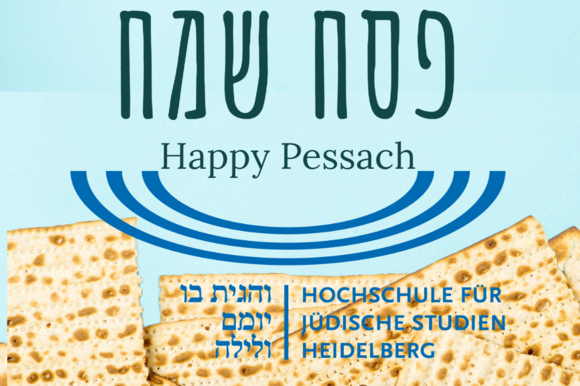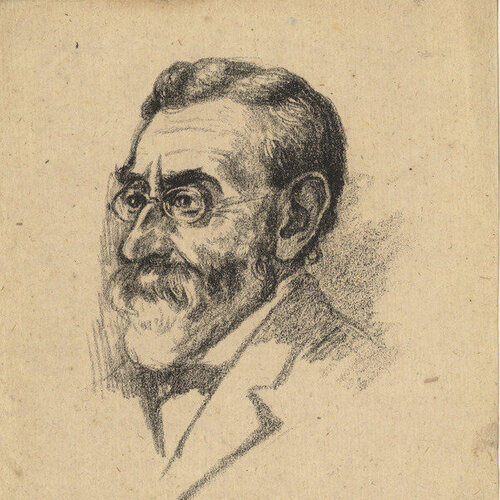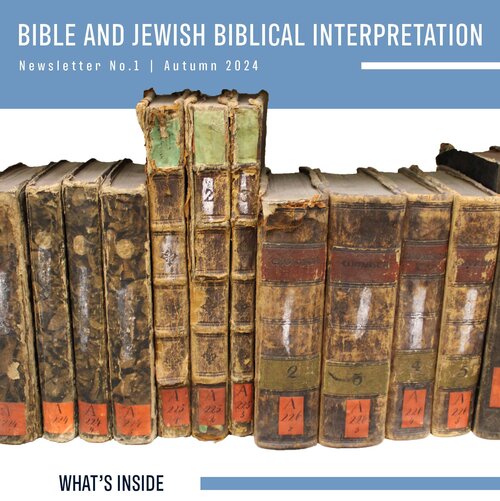Cooperation celebration: University of Bergamo & Academy Project Bible Glossaries
The public is cordially invited to attend the official launch of the collaboration between the University of Bergamo and the Biblical Glossaries Project. This partnership was already initiated on May 23, when Hanna Liss and Stephen Dörr presented the first results of their academy project Biblical Glossaries as Hidden Cultural Carriers at the Seminario internazionale del corso di dottorato Studi filologici e linguistici sul patrimonio scritto e orale (SFiLi).
As part of this collaboration, Italian doctoral students will now come to Heidelberg for a month to work with the project team.
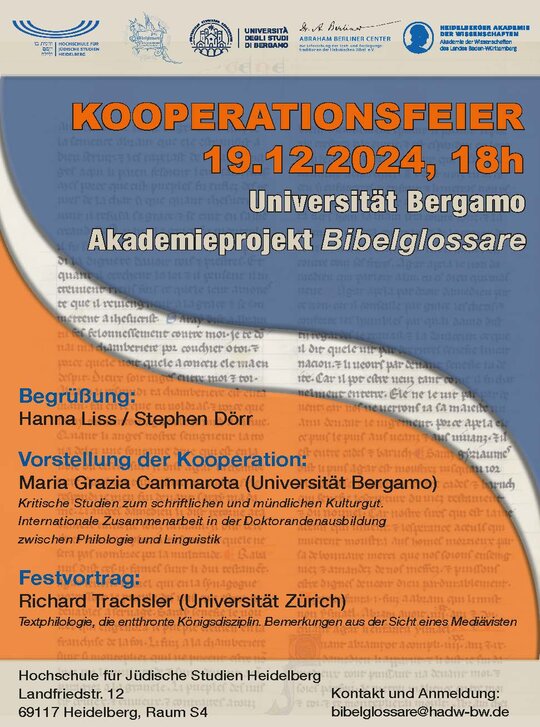
-
Date 19 December 2024
-
Time 18:00 - 21:00 UTC+01:00
-
Participation On-site
-
Language German
-
Contact Biblical Glossaries
-
Location Hannah Arendt Hall, S4 (HfJS Heidelberg)
-
Registration? Yes Go to register

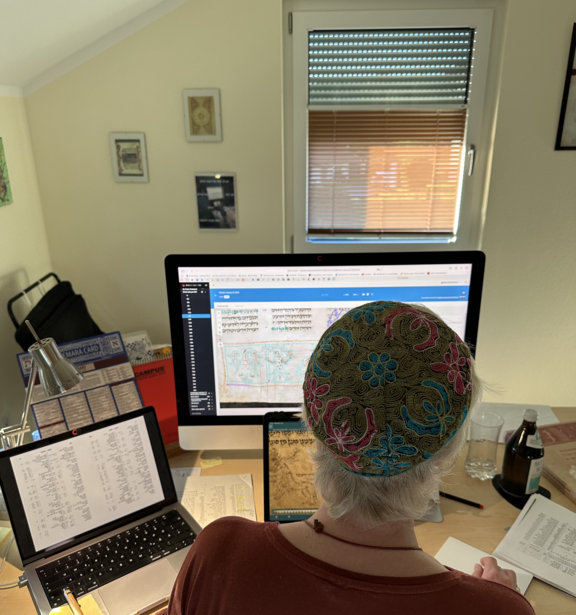

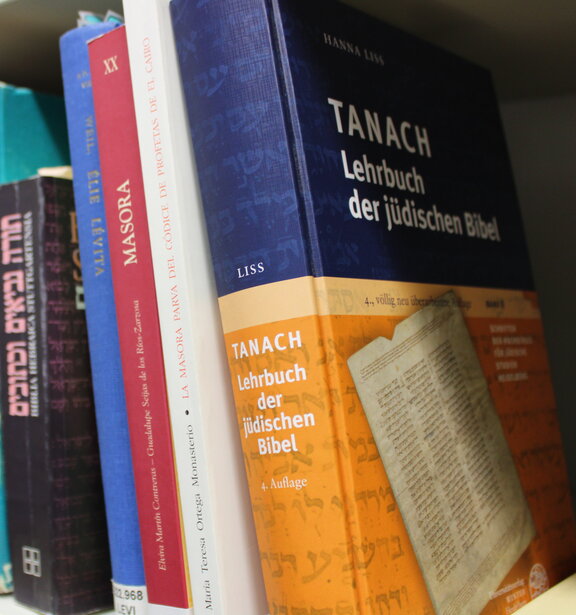
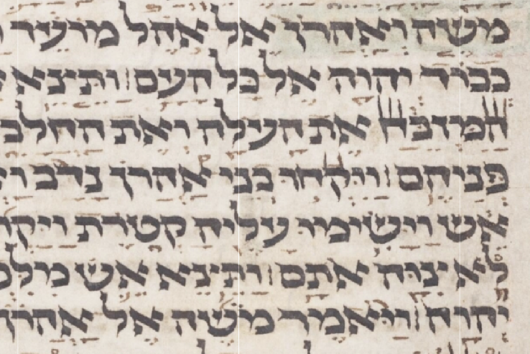
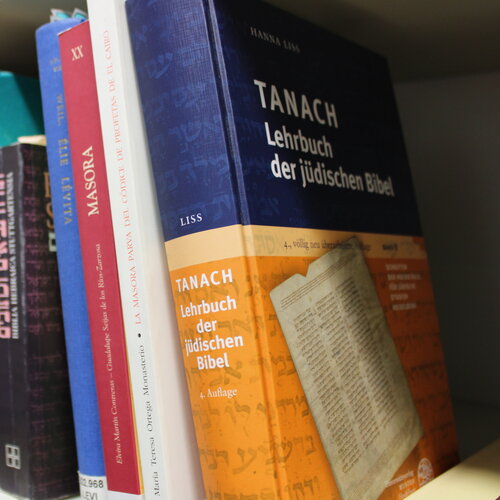
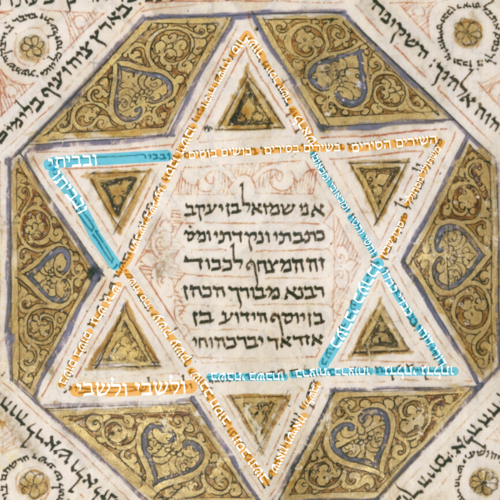
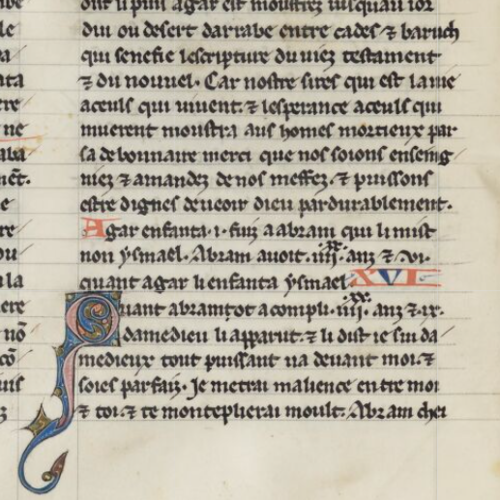
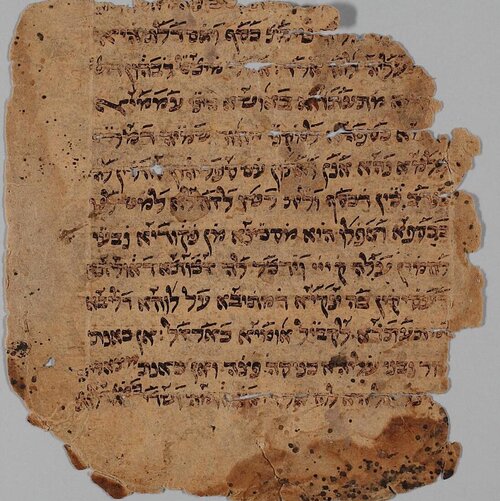

![[Übersetzen nach: English] [Übersetzen nach: English]](/fileadmin/_processed_/d/8/csm_6_9eb40e317e.jpg)
